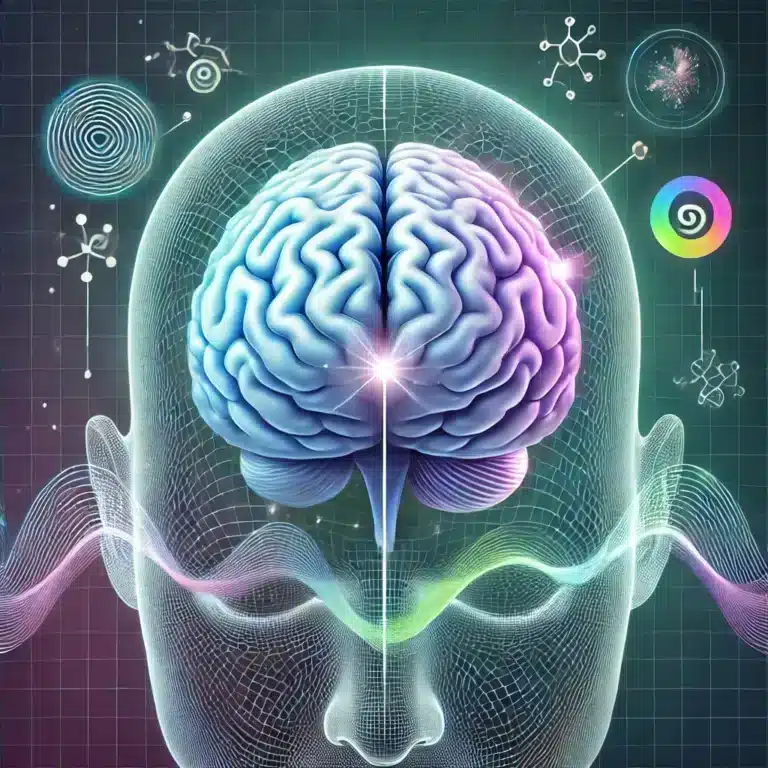Summary
- Cognitive, structural, and functional alterations were evaluated in patients recovering from COVID-19, based on clinical factors including anosmia and hospitalization during the acute episode.
- Patients requiring hospitalization for COVID-19 were older and had a longer time interval between diagnosis and the first session compared to those who did not require hospitalization.
- Patients with COVID-19 reported persistent attention and memory issues, with some experiencing olfactory alterations post-acute episodes.
- Behavioral task results showed that patients adapted their behavior during the Reversal Learning Task, with clinical characteristics affecting decision-making strategies and learning rates.
- Brain structural differences in cortical thickness and white matter integrity were observed, with anosmia correlating with thinning of cortical thickness and decreased white matter integrity in specific brain regions.
A recent study aimed to understand how COVID-19 affects the brain and behavior of patients in their recovery phase. Researchers analyzed patients with different clinical profiles to see if factors like anosmia (loss of smell) or hospitalization during the acute phase had an impact. They found that patients who required hospitalization were older and had a longer recovery time. However, there were no significant differences in age between patients with and without COVID-19. It was also found that patients with anosmia had changes in their behavior during a task, leading to higher earnings. This change in behavior was linked to cognitive differences between patients, with those with anosmia showing increased learning rates.
Another aspect of the study looked at brain structure, specifically cortical thickness and white matter integrity. Patients with anosmia showed thinning of the cortex in certain areas, while also demonstrating decreased integrity of white matter. This disruption in white matter integrity was associated with hospitalization and COVID-19 diagnosis. In summary, the study highlights how COVID-19 can impact the brain and behavior of patients during the recovery phase, especially in those with symptoms like anosmia.
The results of this study provide valuable insights into the long-term effects of COVID-19 on the brain and behavior, emphasizing the importance of understanding how the virus can affect different aspects of a person’s health.
Source link
Neurology,Nursing,Pulmonary Medicine


